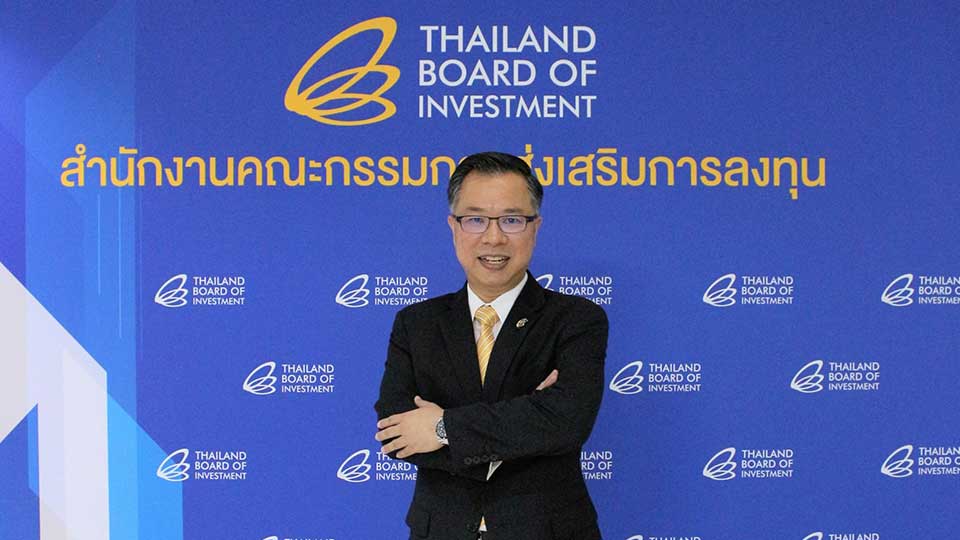There are various reason why a company need to change its Registered Capital. Common reasons in Thailand are:
1. Business Expansion
- Increase in Operational Capacity: If a company plans to expand its operations or enter new markets, it may need more capital to support that growth.
- Attracting Investors: An increase in registered capital can signal financial strength and stability, which may attract more investors.
2. Compliance with Legal Requirements
- Meeting Minimum Capital Requirements: In some jurisdictions, certain industries or types of business require a minimum level of registered capital. Companies may need to adjust their registered capital to comply with these laws.
3. Debt Management and Creditworthiness
- Improving Financial Ratios: Increasing registered capital can improve financial ratios, such as the debt-to-equity ratio, making the company more attractive to lenders and investors.
- Paying Off Debts: Additional capital can also be used to reduce debt and strengthen the company’s balance sheet.
4. Corporate Restructuring
- Mergers or Acquisitions: When a company is involved in mergers or acquisitions, it may need to adjust its capital structure to accommodate the deal or align with the new corporate structure.
- Internal Reorganization: Companies may increase or decrease their registered capital as part of internal restructuring to optimize ownership or shareholding patterns.
5. Increase in Financial Flexibility
- Raising Capital for Projects: If the company needs to raise funds for new projects, it may increase its registered capital to issue more shares and bring in more investors.
- Buffer for Future Losses: Companies might increase their capital as a cushion for any unforeseen future losses.
6. Tax Planning
- Optimizing Tax Efficiency: In some cases, adjusting registered capital can lead to more favorable tax treatments, depending on local laws and regulations.
7. Boosting Market Perception
- Enhancing Credibility: Raising the registered capital can improve the company’s image in the market, signaling financial health and long-term viability.
Capital increase.
The capital can be increased at the Department of Business Development (DBD), and consists of the following steps:
- An invitation letter for the extraordinary shareholders’ meeting, approved and signed by one of the directors, has to be published in a local newspaper
- A copy of this letter has to be sent to each shareholder
- Registration forms should be completed and signed by the director(s)
- Minutes of the extraordinary shareholders’ meeting have to be prepared and signed
- Registration of the capital increase at the DBD
The following documents and/or information are required to finalise the capital increase:
- Registration forms signed by a director
- One copy of Company’s Affidavit
- One copy of Shareholders list (BOJ 5)
- A copy of the directors’ ID Card or copy passport (foreign)
- Details of the counterpart of the capital increase (increase of the par value or amount of the shares), and the amount of shares that will be held by each shareholder
The total amount of time that is needed to increase the capital of a company in Thailand is about one month. The invitation letter has to be send to all shareholders 14 days before the actual shareholders’ meeting is held. In the meantime this letter is also published in a local newspaper, which should inform all parties of this change (e.g. creditors). Once the shareholders’ meeting was then held, the capital increase should be registered within 14 days.
There may be situations when a company needs to adjust its capital for whatever reason. Fortunately for companies, the process of changing capital in Thailand is fairly straightforward and only consists of several easy steps.
Capital decrease.
When decreasing the company’s capital, the following steps need to be taken:
- An invitation letter for the extraordinary shareholders’ meeting, approved and signed by one of the directors, has to be published in a local newspaper
- A copy of this letter has to be sent to each shareholder
- The registration forms should be completed and signed by a director
- Minutes of the extraordinary shareholders’ meeting have to be prepared and signed by the director(s)
- The DBD has to be informed of the changes to the Memorandum of Association
- Registration of the capital decrease at the DBD
The total amount of time that is needed to decrease the capital of a company in Thailand is about one month and a half. The invitation letter has to be send to all shareholders 14 days before the actual shareholders’ meeting is held. In the meantime this letter is also published in a newspaper, the registrations forms can be prepared and signed, and the minutes of the extraordinary shareholders’ meeting shall be prepared. Also the creditors are informed of the changes to the paid up capital. Once the shareholders’ meeting was held, the capital increase should be registered within 14 days, but not sooner than 30 days after the creditors have been informed (assuming that they did not object).
The following documents and/or information are required to finalise the capital decrease:
- Completed and signed registration forms
- One copy of Company’s Affidavit
- One copy of Shareholders list (BOJ 5)
- Two copies of the directors’ ID Card
- Details of the capital decrease (decrease of the par value or amount of the shares), and the amount of shares that each shareholder will eventually hold
For specific information, please feel free to contact us for a FREE consultation.




